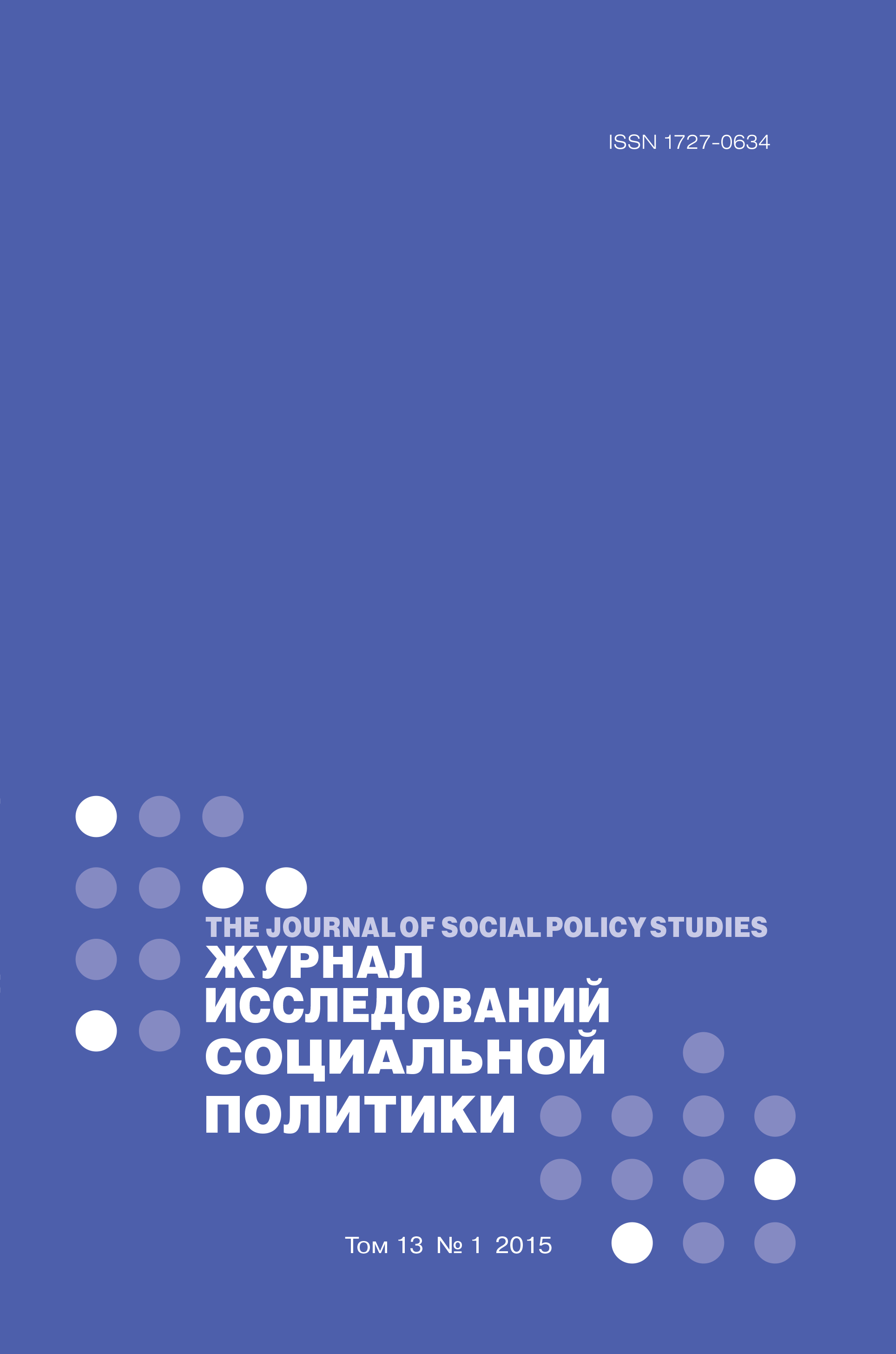Государственное регулирование культуры: закон и социальная политика как ограничители культуры
Аннотация
Colonial processes have resulted in complex interactions within diverse societies around the world. They have been distinguished by mechanisms of domination that need be dismantled if we are to construct democratic and non-discriminatory societies. With this aim in mind, there is a real need for cultural policy that can allow different cultures to grow and interact on a more equal footing. The main argument of this article is that cultural policy is part of a legal framework and is, as such, defined by the historical perceptions behind notions of cultural heritage. It is argued that cultural policy is projected through the opportunities offered by intellectual property protection. In order to see the way law is connected to cultural policy and how historical injustices can be projected into the future, it is necessary to see law from a socio-legal perspective. With such an approach, one can find the remaining traces of colonialism left in the legal framework for culture, which constitute a major obstacle to improving the well-being of culturally diverse states.
The aim of this article is to analyze the ways in which the state contributes towards cultural constructions, especially through the law. The main focus is on those areas of law that have a direct impact on the way we experience culture, both as consumers and as creators of it. This includes, in the main, areas such as cultural heritage, cultural policies and intellectual property. These are to be seen within the context of diverse societies, where the role that law plays in the development of a culture is particularly evident. Furthermore, an attempt will be made to draw from examples from the context of Mexico, which, while emerging from colonial processes that historically undermined indigenous cultures, also formally aims to overcome this history by adopting a pluralist perspective in its constitution. Two main assumptions inform this article: firstly, that the state has different means of “affecting” the culture of the peoples that live within its territory; and secondly, that this is done through law.














